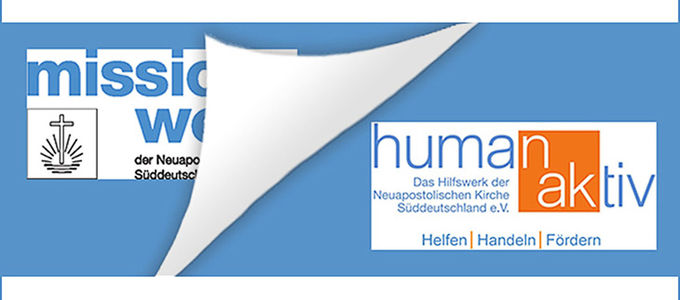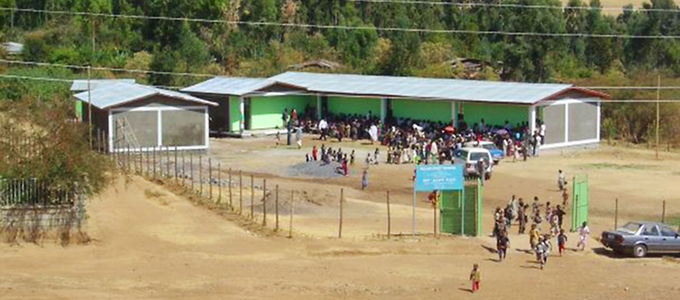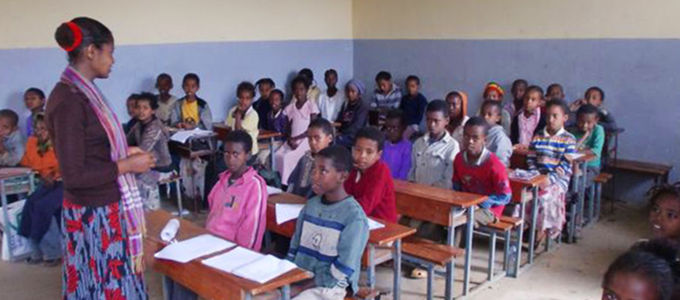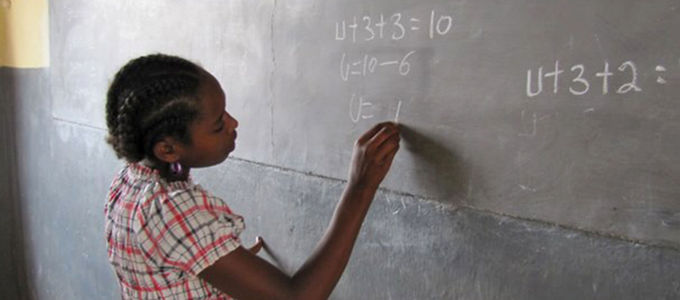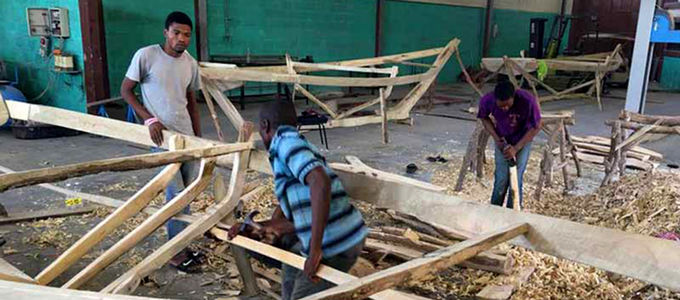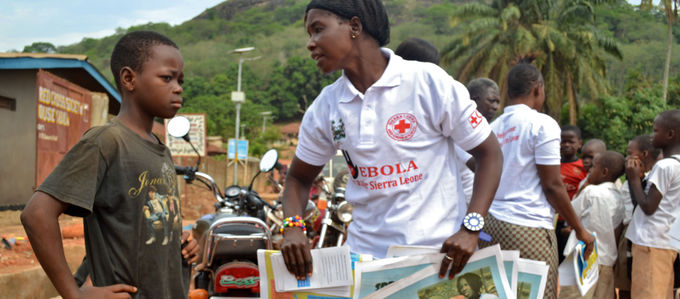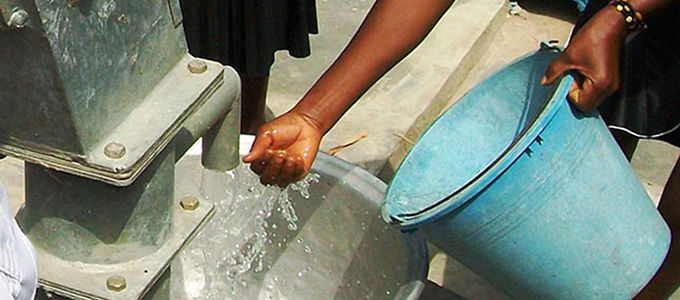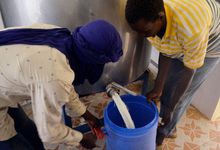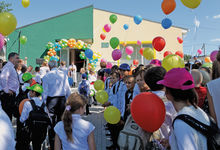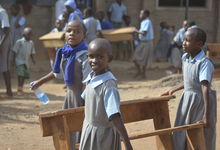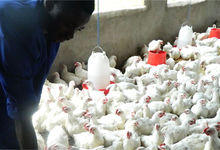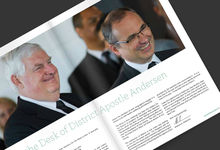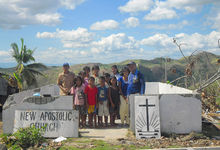“Missionswerk” becomes “human aktiv”
More than just a name: the aid organisation of the New Apostolic Church Southern Germany changed its name from “Missionswerk” to “human aktiv” at the beginning of the year. There are several reasons for the name change.
With total expenditures of 6.8 million euros in 2016, Missionswerk would be the financially strongest aid organisation by far among its sister institutions around the globe. But this sum includes more than just funds for humanitarian projects.
And here is the history. When the organisation was first registered at the district court in Stuttgart (Germany) on 23 August 1993 it was called “Neuapostolisches Hilfswerk” (New Apostolic Aid Organisation). It was the predecessor of the later Missionswerk of the New Apostolic Church Southern Germany, the oldest such New Apostolic institution in Germany, according to its own sources.
Its mission: more than mere proclamation
Its primary mission is the proclamation of the gospel of Jesus Christ and, directly related to it, pastoral care. Building congregations costs money—especially in regions of West and East Africa which the New Apostolic Church Southern Germany supports. The Church was not able to present itself as an organisation everywhere right from the beginning, the spokeswoman Susanne Raible says. Missionswerk, the charity, formed the institutional basis for this.
However, the mission to evangelise is also closely connected with charity. Particularly in the face of great material hardship in the countries under its care, the charity was able to generate positive accents already early on by co-ordinating and promoting humanitarian operations.
Regardless of gender, race, or religion
“In most countries we are now officially recognised,” Susanne Raible explains, citing one reason for the realignment at the beginning of the year. In other words, the New Apostolic Church can now officially work in the countries it supports and does not depend on its charity for this any more. That means that the charity can now concentrate on the humanitarian part of its mission. And to do so, the organisation has not only changed its name, but has also set itself up with new statutes.
“The association wants to contribute in alleviating need and misery such as hunger, sickness, poverty, and other forms of human suffering and thereby help the affected people to live a dignified life,” the statutes specify under “Objectives and Mission”. “The assistance provided is to be in the form of ‘helping people to help themselves’ and bring about a lasting improvement in living conditions. It is aimed at people who are in distress, regardless of gender, race, religion, nation, and origin.”
Setting its own focus
In its financial report for 2016, which was recently published, Missionswerk reports that it made more than 1.1 million euros in humanitarian aid available—and not for the execution of its own projects, but as grants for partner organisations. The same strategy is also planned for “human aktiv”, the spokeswoman says. Why do you need your own institution? The money could go directly to other organisations?
Susanne Raible has two answers. On the one hand, “For us it important that one hundred per cent of the donations flow directly into the projects.” There are no deductions for administrative costs in their own institution. And secondly, she says, by distributing the aid money ourselves we can set our own priorities on a case-to-case basis and thereby also draw public attention to certain projects. “Organisations often benefit from this in the long-term.”
This idea brings an additional novelty with it: interested organisations can apply for support from human aktiv. Funding guidelines and application forms are ready for download. The priorities remain unchanged: the yearly focal point at the national level and its foreign aid programme “Bread – wells – bridges”.
Article info
Author:
Date:
Keywords:
Andreas Rother
23.01.2018
Africa,
Germany,
Aid agencies,
Social commitment,
International,
Congregational life


